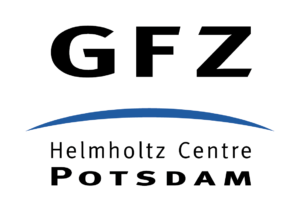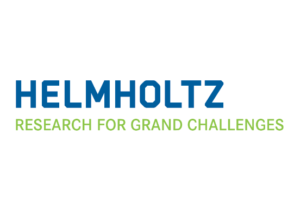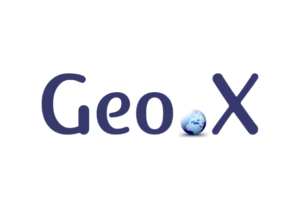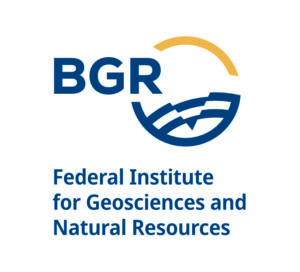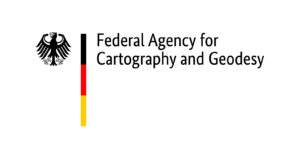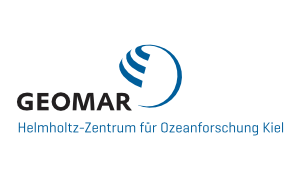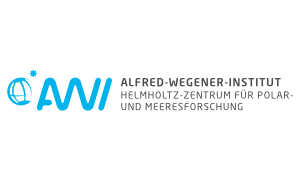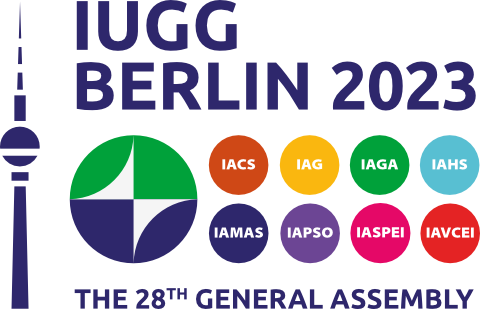
ABSTRACT SUBMISSION GUIDELINES
Please read the below guidelines carefully prior to your abstract submission. Please note the possibility of active virtual participation is not foreseen.
General & Deadlines
- Abstracts MUST be submitted via the online submission system by the given deadline of 21 February 2023, 23:59 Pacific Time.
- Abstracts will be reviewed by the Symposia Conveners and will be selected for oral or poster presentations. The preference for oral/poster presentation may be indicated while submitting the abstract.
- Abstracts can be amended any time until the deadline of 21 February 2023 through the abstract submission system.
- Abstracts received after the deadline cannot be accepted and therefore will not be considered for the program or publication.
- It is commonly understood that Authors of accepted papers have the financial resources to pay all personal expenses incurred including assembly registration, production of their presentation, travel and accommodation during the Conference.
The exceptions are the IUGG travel grant awardees, who will get a partial financial support to attend the IUGG General Assembly (see IUGG GRANT APPLICATION). - Each submitter and the presenting author will be notified about the abstract acceptance/rejection via e-mail by 17 March 2023.
- All accepted abstracts will then be assigned a DOI.
- All presenting authors are required to register by 17 April 2023 to be included in the final program.
- A confirmation of acceptance notification and a paid-up abstract submission administrative fee will be required in order to have the abstract published in the 28th General Assembly Abstract book. Should the author not follow either of these, the organizer reserves the right not to include the author’s work in the Abstract book.
Abstract Submission Administrative Fee
- Abstract Submission Administrative Fee
- An administrative fee of 50 EUR (excl VAT) will be required per each abstract submission, based on your country and VAT registration status, the fee is calculated as follows:
- Submitters from Germany pay 50 EUR + 19% VAT (total 59,50 EUR), regardless of their VAT registration status.
- Submitters from all countries except Germany
- who are VAT registered pay 50 EUR + 0% VAT (they need to fill in their VAT number in the invoice details step)
- who are NOT VAT registered pay 50 EUR + 19% VAT (total 59,50 EUR)
- The abstract submission fee is a nonrefundable processing fee, and not based on approval of your abstract submission or attendance at the 28th General Assembly. Refunds will not be issued for abstracts that are withdrawn.
- Any amendments within your abstract can be done free of charge using the online submission system until the Abstract Submission Deadline. After this deadline, edits cannot be made.
- The only method of payment accepted for the abstract submission administrative fee is by credit card (Visa, MasterCard, or American Express) in the abstract submission system. Bank transfers and other methods cannot be accommodated.
- The abstract submission fee does not register you for the General Assembly, separate registration fees apply. All presenters must register in order to attend the General Assembly. Registration can be accessed here.
Abstract Formatting
- When submitting your abstract, consider and choose first the category and the specific symposium, which you wish to have your abstract allocated in (please refer to the list of categories & symposia). Note that the symposia conveners reserve the right to decide on the final assignment upon the abstract evaluation.
- Submitter must clearly indicate the presenting author and can include up to 15 co-authors or eventually a group of authors (et al., or team name).
- An abstract should contain maximum of 250 words. The system shows how many words are left to the limit.
- Titles should consist of no more than 20 words and a “First letter capitalized” format should be used
(eg. My abstract for the 28th IUGG General Assembly will be presented in Berlin) - All abstracts must be written in English.
- You can choose from the following presentation types: oral, poster or no preference. In case of no preference the convener will decide on the final presentation type for you.
Disclosure of Interest
The intent is to provide high-quality sessions focused on educational content free of commercial influence or bias. We ask all presenters to co-operate in this by:
- declaring any potential conflict of interest on a disclosure section of the abstract submission
- do not include company names
Should you have difficulties in submitting your abstracts or you need further information, please contact the IUGG 2023 Scientific Program Secretariat at abstracts@iugg2023berlin.org or by phone at +420 296 219 600.
Licence & Copyright
The following licence and copyright agreement are valid for any 28th IUGG General Assembly 2023 abstract.
Author’s Certification
By submitting an abstract or uploading presentation materials, the authors certify that they have read and agreed to the following terms:
- The authors are authorized by their co-authors to enter into these arrangements.
- The publication of the work described has been approved by all the author(s) and by the responsible authorities – tacitly or explicitly – of the institutes where the work has been carried out, and neither the abstract nor the presentation materials infringe the copyright or any other rights by third parties.
- The work does not contain content that is unlawful, abusive or constitutes a breach of contract or of confidence or of commitment given to secrecy.
- The authors warrant that they secure the right to reproduce any material that has already been published or copyrighted elsewhere and that they identified such objects with appropriate citations and copyright statements, if applicable, in captions or even within the objects themselves (e.g. copyrights of maps).
- They agree to the following licence and copyright agreement:
Copyright
-
-
- Authors retain the copyright of the abstract and the presentation materials. Regarding copyright transfers please see below.
- Authors grant any third party the right to freely use the abstract and its presentation materials as long as its original authors and citation details are identified.
- The abstract and its presentation materials are distributed under the Creative Commons Attribution 4.0 International License (CC BY 4.0). If the presentation materials cannot follow the CC BY 4.0 License, the authors must clearly mark this in the presentation materials file. In either case, the authors grant organisers the right to hold their presentation materials online for viewing and download by individuals.
-
Creative Commons Attribution 4.0 License
You are free to:
-
-
- Share – copy and redistribute the material in any medium or format.
- Adapt – remix, transform, and build upon the material for any purpose, even commercial.
-
Under the following conditions:
-
-
- Attribution — You must give appropriate credit, provide a link to the licence, and indicate if changes were made. You may do so in any reasonable manner, but not in any way that suggests the licenser endorses you or your use.No additional restrictions — You may not apply legal terms or technological measures that legally restrict others from doing anything the licence permits.
-
Notices
-
-
- The licenser cannot revoke these freedoms as long as you follow the licence terms.
- You do not have to comply with the licence for elements of the material in the public domain or where your use is permitted by an applicable exception or limitation.
- No warranties are given. The licence may not give you all of the permissions necessary for your intended use. For example, other rights such as publicity, privacy, or moral rights may limit how you use the material.
- The CC BY License, of which 4.0 is the recent version, was developed to facilitate open access – namely, free immediate access to, and unrestricted reuse of, original works of all types.
- Under this liberal licence, authors agree to make abstracts legally available for reuse, without permission or fees, for virtually any purpose. Anyone may copy, distribute, or reuse these articles, as long as the author and original source are properly cited. Thus, CC BY facilitates the dissemination, transfer, and growth of scientific knowledge.
- Please read the full legal code of this licence.
-
Copyright Transfers
Many authors have strict regulations in their contracts of employment regarding their work. A transfer of copyright to the institution or company is usual, as well as the reservation of specific usage rights is typical. Please note that in the case of abstract publication with the Creative Commons License, a transfer of the copyright to the institution is possible, as it belongs to the author anyway.
Any usage rights are regulated through the Creative Commons License. Anyone (the author, his/her institution/company, the European Geosciences Union, as well as the public) is free to copy, distribute, transmit, and adapt the work as long as the original author is given credit (see above). Therefore, specific usage rights cannot be reserved by the author or his/her institution/company, and the publisher cannot include the statement “all rights reserved” in any published abstract.
A copyright transfer from the author to his/her institution/company will be expressed in a special “Copyright Statement” at the end of the abstract rather than in the abstract citation header. Authors are asked to include the following sentence: “The author’s copyright for this abstract is transferred to the institution/company“.

IUGG 2023 Secretariat: C-IN, 5. kvetna 65, 140 21 Prague 4, CZE | tel.: +420 296 219 600
Copyright © 2020 c-in.eu | info@c-in.eu | Legal Notice

